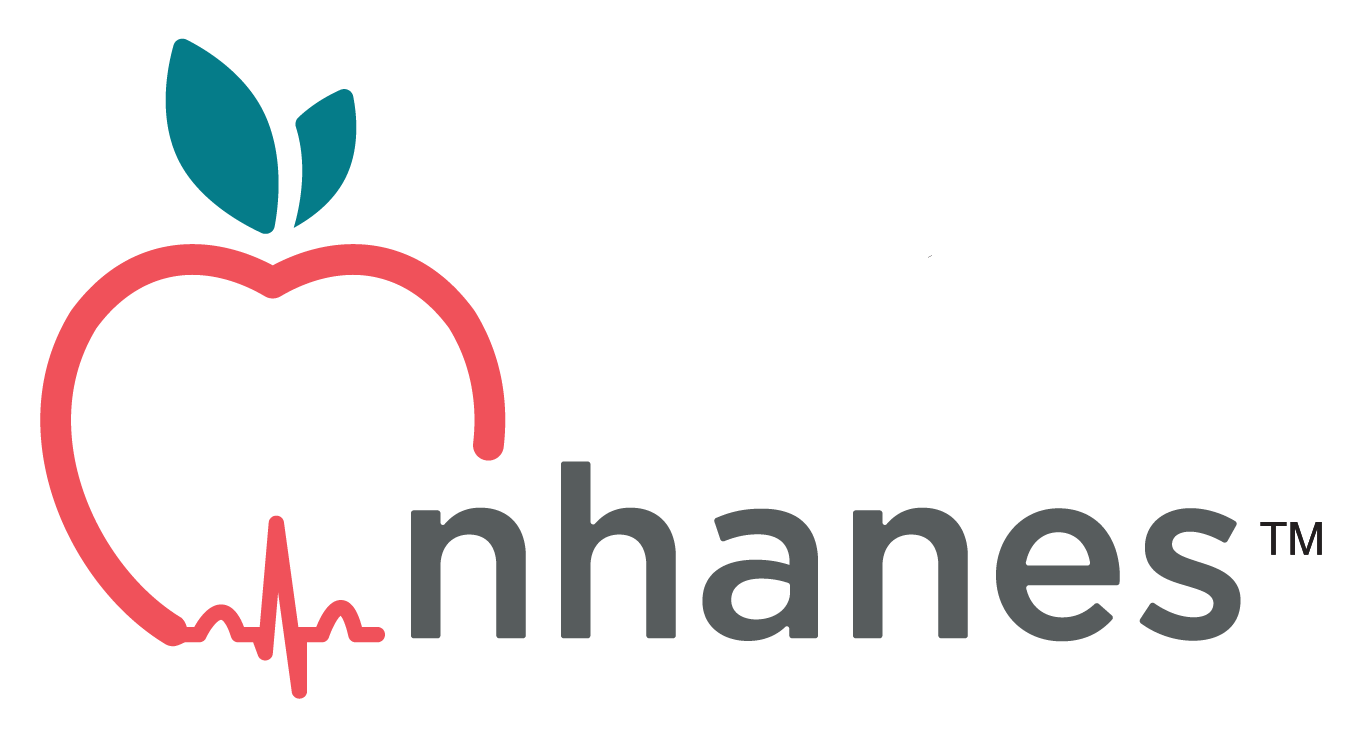Key points
- The National Health and Nutrition Examination Survey (NHANES) biospecimen program is a collection of DNA, serum, plasma, and urine specimens.
- Researchers can submit a proposal to use NHANES biospecimens for health studies.
- Find out more about specimen collection and storage, available specimens, and the approval process.

Overview
The National Center for Health Statistics (NCHS) maintains a collection of biological specimens from the National Health and Nutrition Examination Survey (NHANES).
Through the NHANES biospecimen program, we make DNA, serum, plasma, and urine specimens available to researchers. Researchers can combine results for biospecimen testing with NHANES data on health, nutritional status, health behaviors, and environmental exposures. Their studies can help address medical, environmental, and public health issues challenging our nation.
NCHS shares non-sensitive data produced from studies using NHANES biospecimens with the public.
NCHS limits access to sensitive data produced from these studies. Researchers with approved proposals can access these data through the NCHS Research Data Center.
Specimen types
NHANES specimens come from survey participants who are representative of the U.S. population. Laboratory professionals collect blood and urine specimens from participants in the NHANES Mobile Examination Center.
There are three types of NHANES specimens.
Pristine specimens: We immediately freeze pristine serum, plasma, and urine specimens at the mobile examination center. Frozen pristine specimens are sent to our biorepository for long term storage. Pristine specimens have not undergone any laboratory testing and they have not been thawed and refrozen before storage.
Surplus specimens: Leftover serum specimens that remain after laboratories have completed testing are available as surplus sera. These specimens have undergone at least two freeze-thaw cycles when they were tested for the survey. We store these surplus specimens in another biorepository.
DNA specimens: We store DNA concentrations processed from participant blood specimens in a third, separate biorepository.
Available specimens
| NHANES Cycle | Pristine | SurplusA | DNA | ||
|---|---|---|---|---|---|
| Sera | Urine | Plasma | Sera | ||
| NHANES III(1988-1994) | X | … | … | X | X |
| 1999-2000 | X | X | X | X | X |
| 2001-2002 | X | X | X | X | X |
| 2003-2004 | X | X | X | X | … |
| 2005-2006 | X | X | X | X | … |
| 2007-2008 | X | … | X | X | X |
| 2009-2010 | X | X | X | X | X |
| 2011-2012 | X | X | … | X | X |
| 2013-2014 | X | X | … | X | … |
| 2015-2016 | X | X | … | X | … |
| 2017-2018 | … | X | … | X | … |
| 2019-March 2020B | X | X | … | X | … |
More information
- National Health and Nutrition Examination Survey Biospecimen Program: NHANES III (1988–1994) and NHANES 1999–2014
- Available specimen numbers in this report may not be up to date.
- Available specimen numbers in this report may not be up to date.
Requesting access
Researchers must submit a proposal to the biospecimen program to request access to NHANES specimens. Proposals must follow the specific guidelines outlined in the relevant Federal Register Notice—
Researchers must receive approval for their proposals before NCHS can transfer specimens.
For more information about available specimens, the proposal and approval processes, program requirements, and associated costs, visit—
- A small amount of surplus plasma from 1999–2002 and 2007–2008 is available.
- NHANES 2019–March 2020 specimens must be combined with 2017–2018 to create a nationally representative sample.
